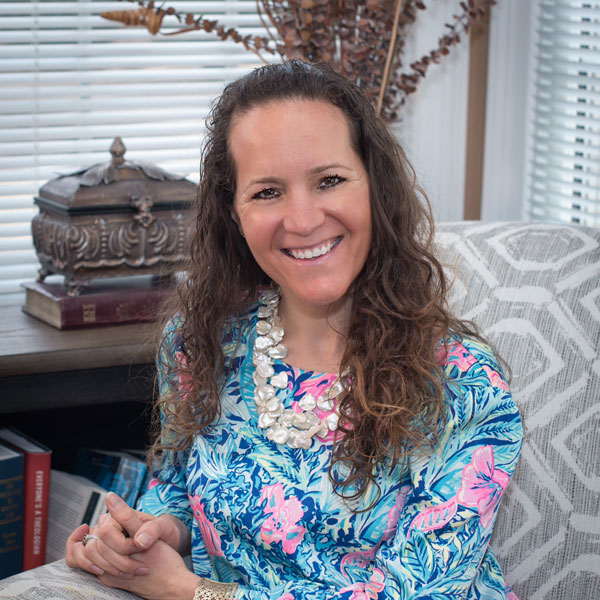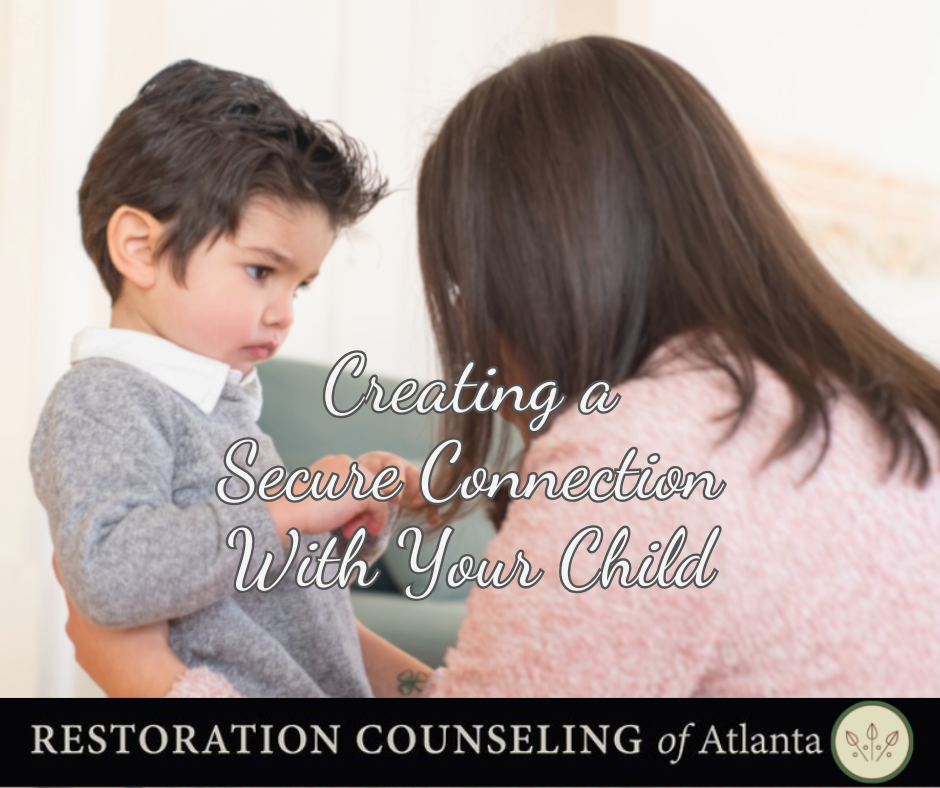Children need secure and consistent relationships in their lives. God designed us to need safety, security, and love in our relationships to survive, just like we need food and water. The first year of a baby’s life is primarily about forming a bond with a caregiver, which is why babies need to be held consistently to thrive and grow healthily.
What is Attachment?
Attachment is “the emotional bond that you develop with a person who will be there for you, and who truly knows you” (Adam Young). The neuroscientist Curt Thompson says, “We all are born into the world looking for someone looking for us.” Therapist Adam Young says that our deepest desire is to be known and for that person to be there for us when we need them.
What are the Attachment Needs of a Child?
According to Adam Young, a child’s relationship with their primary caregiver helps form:
- How a child regulates their emotions
- Emotional awareness
- Resiliency when faced with distress, harm, or tragedy
- A way of relating to other people as they go through life
The Big 6 Explained
A child needs “attunement, responsiveness, engagement, ability to regulate a child’s arousal, strong enough to handle your negative emotions & willingness to repair” (Adam Young).
Attunement means a parent is engaged and aware of what their child is feeling. A parent who is attuned to their child will make an effort to delight in them and pay attention to how they are feeling (Bethany community church workbook). Were your parents able to offer compassion and care? Did they praise and affirm your worth?
Responsiveness means that a parent offers the child comfort, care, and kindness when the child is in distress (Adam Young). Did the parent respond to the child in moments of distress?
Engagement means that the parents had a “genuine desire to truly know” the child (Adam Young). Did the parents pursue the child? Were they able to engage with the child’s heart?
The ability to regulate a child’s arousal means “bodily sensations you feel inside of you during moments of distress” (Adam Young). Can the parent soothe a child when they feel anxious or scared, or like shutting down? Children are born with all the emotions and no way to regulate them (Dr. Becky). They are looking to a parent to regulate them. If a parent can help a child regulate their emotions, they can learn to soothe themselves. A child is looking to a parent to help regulate their emotions (Adam Young).
A parent who can manage strong emotions allows a child to fully experience feelings like anger, sadness, and fear. This facilitates meaningful and loving responses to those negative emotions. Were you able to articulate your negative emotions and receive a compassionate response?
Repairing a rupture is important because no parent gets it right all of the time. In fact, children do not need perfect parents. They only need a parent to “get it right” ⅓ of the time in order to have a secure attachment. Children need a parent who is willing to repair, though. Repair means that when a parent hurts a child or causes harm, they take responsibility and repair it. A healthy parent will seek out their child and tell them they are sorry, and they will make amends and reconnect with the child.

Written by Mead Reed, MA, LMFT, LPC
mead@restorationcounselingatl.com, ext. 115
Roswell and Buckhead Locations
Mead’s therapy style emphasizes safety, connection and engagement. Her disarming presence allows her clients to feel at ease as she helps them explore their life story. She encourages clients to name their pain in a way that helps them to be able to bring healing and redemption.

